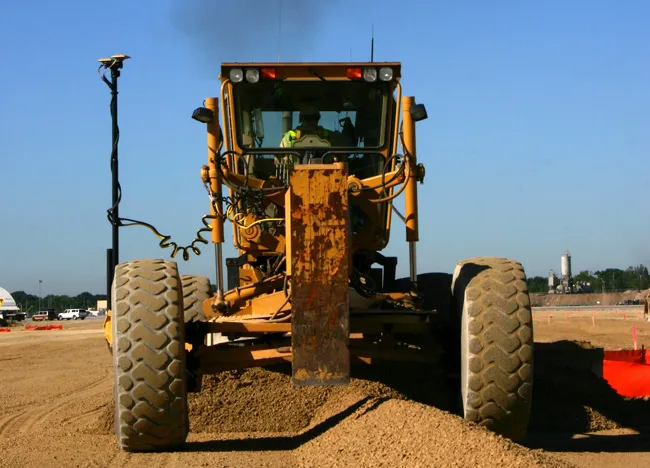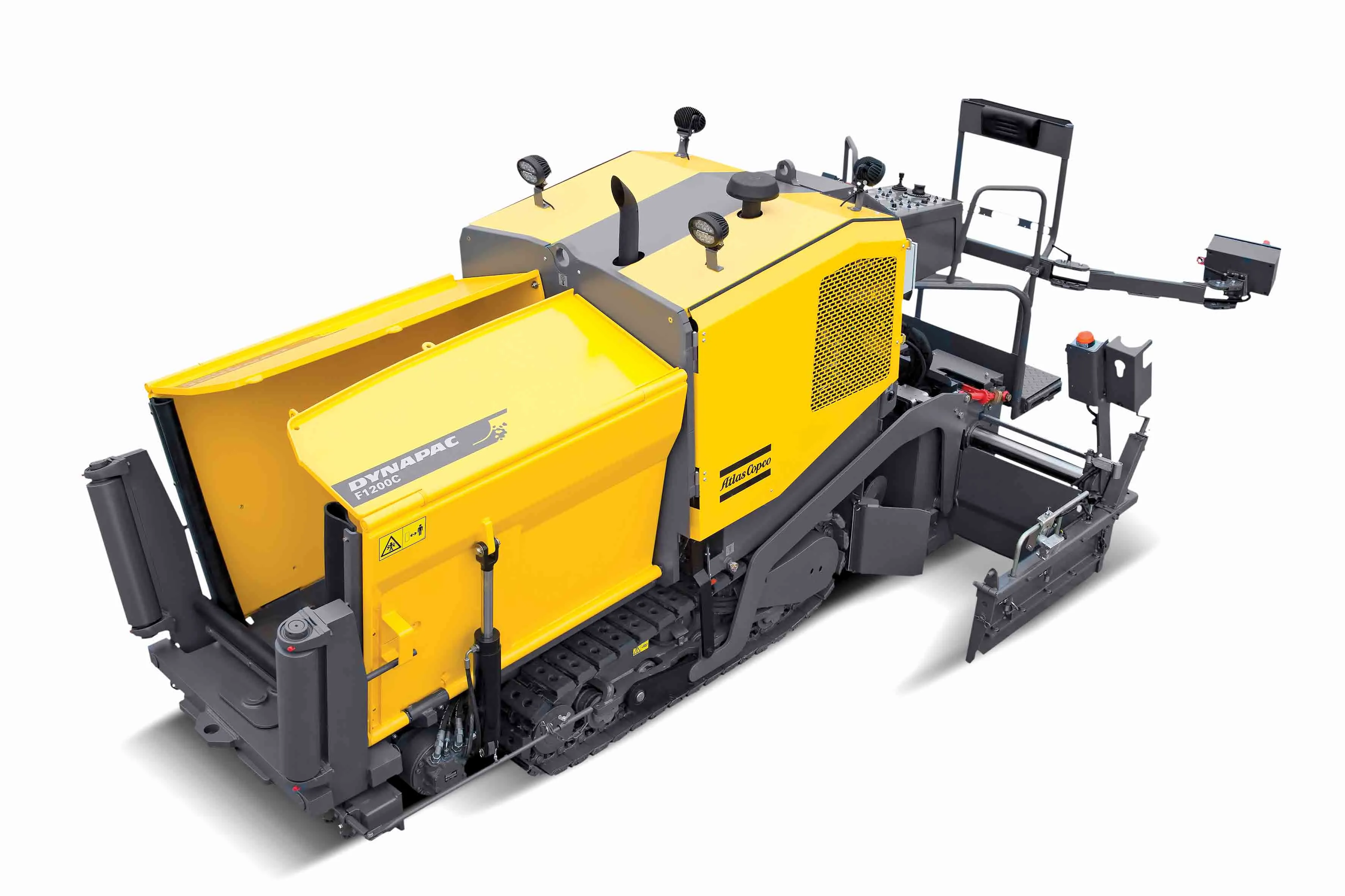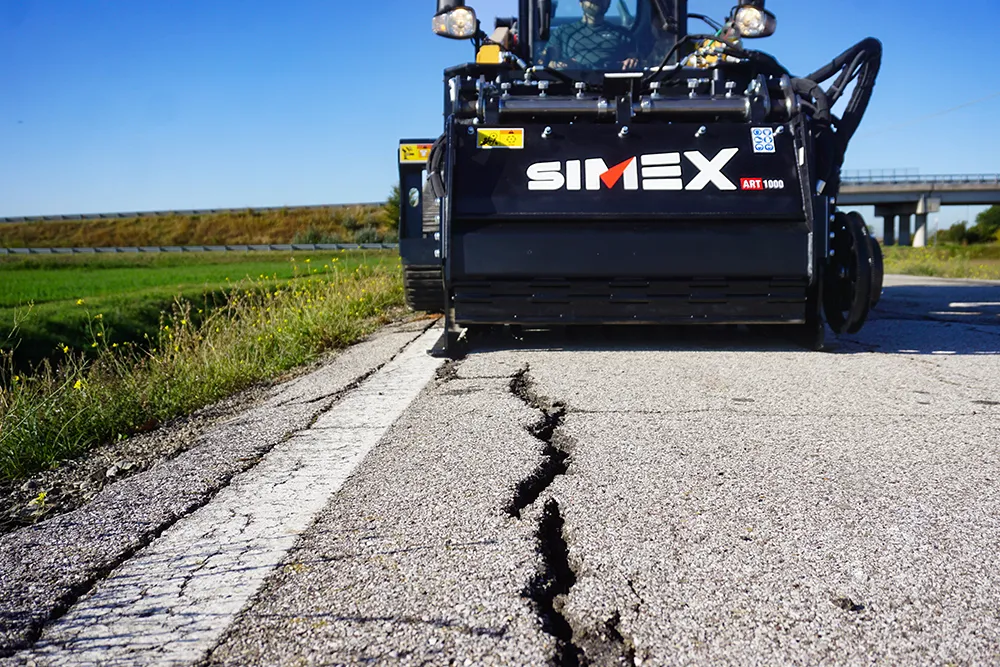Geosynthetic producer TERRAM is offering a new version of its GrassProtecta range, which can help improve access on temporary job sites.
The product can reinforce and protect grass surfaces and prevent them from being damaged by light vehicle traffic. These can be used on temporary parking areas or for construction sites where temporary access is needed across grassy areas, preventing damage and also ensuring that light construction machines do not become bogged down on soft ground.
There are three ne
March 13, 2017
Read time: 2 mins
Geosynthetic producer TERRAM is offering a new version of its GrassProtecta range, which can help improve access on temporary job sites.
The product can reinforce and protect grass surfaces and prevent them from being damaged by light vehicle traffic. These can be used on temporary parking areas or for construction sites where temporary access is needed across grassy areas, preventing damage and also ensuring that light construction machines do not become bogged down on soft ground.
There are three new versions; GrassProtecta Lite, GrassProtecta Medium and GrassProtecta Heavy. GrassProtecta Lite is a 10mm mesh suitable for withstanding the pressures of occasional car parking and heavy pedestrian traffic. GrassProtecta Medium is a 13mmthick mesh suitable for overspill parking, occasional maintenance vehicle access and regular residential parking. GrassProtecta Heavy offers additional strength through a 14.5mm mesh. The product is suitable for paths with regular vehicle access, event parking spaces or occasional industrial vehicle parking.
Each solution is available in rolls of 1m or 2m wide with lengths of 10m or 20m.
The product can reinforce and protect grass surfaces and prevent them from being damaged by light vehicle traffic. These can be used on temporary parking areas or for construction sites where temporary access is needed across grassy areas, preventing damage and also ensuring that light construction machines do not become bogged down on soft ground.
There are three new versions; GrassProtecta Lite, GrassProtecta Medium and GrassProtecta Heavy. GrassProtecta Lite is a 10mm mesh suitable for withstanding the pressures of occasional car parking and heavy pedestrian traffic. GrassProtecta Medium is a 13mmthick mesh suitable for overspill parking, occasional maintenance vehicle access and regular residential parking. GrassProtecta Heavy offers additional strength through a 14.5mm mesh. The product is suitable for paths with regular vehicle access, event parking spaces or occasional industrial vehicle parking.
Each solution is available in rolls of 1m or 2m wide with lengths of 10m or 20m.









